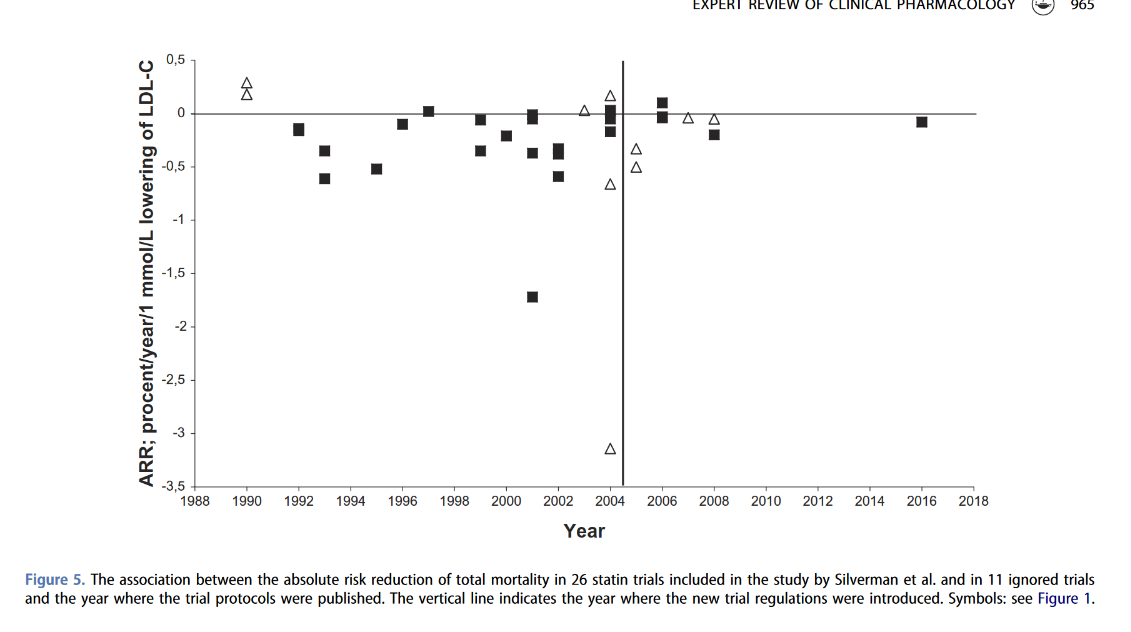this post was submitted on 04 Apr 2025
9 points (90.9% liked)
Metabolic Health
108 readers
1 users here now
A place to discuss metabolic health research, papers, talks, etc.
This topic can touch upon many people's personal triggers, so please be civil.
Rules
- Be nice
- Stay on topic
- Don't farm rage
- Be respectful of other diets, choices, lifestyles!!!!
- No Blanket down voting - If you only come to this community to downvote its the wrong community for you
The banner poster in high resolution can be found here
founded 6 months ago
MODERATORS
you are viewing a single comment's thread
view the rest of the comments
view the rest of the comments

This is a very easy to read paper, I highly recommend skimming it at least.
TLDR: Academic fraud pushing an agenda, unpublished results, and the immense lack of papers since the new trial protocols were required (i.e. must register, must publish, can't ignore bad results)
exposing academic fraud and data manipulation
Taking a medicine for life to pull down a ldl metric that causes many issues (t2d, insulin resistance)... for a few extra days of life?.... this is why they never report absolute risk reduction
Shouldn't this show up in all cause mortality data? or this effect is beyond the study length?
That is interesting, high LDL is protective against cancer, if you only treat people with high LDL you can show a benefit from cancer compared to a general population.....